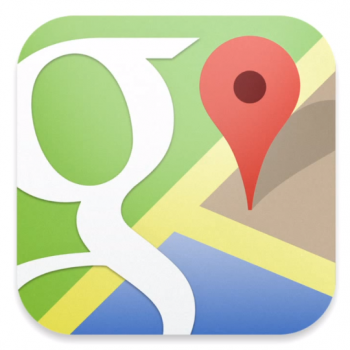
The Transportation Department wants to regulate navigation apps like Google Maps, auto industry agrees
In what is supposedly a battle to help curb distracted driving, the Transportation Department is now asking Congress for help in regulating any and all navigation aids, including the ones found on your smartphone. The proposed transportation bill would give — in writing — the National Highway Traffic Safety Administration full authority to regulate apps like Google Maps or Waze, setting restrictions and ordering changes to features they feel are too dangerous to drivers.
In a surprise to no one, that automakers are supporting the bill, but not because this might finally put their costly navigation service plans on an even playing field with free apps like Google Maps or Waze — they’re just looking out for everyone’s well being. A spokesperson for the Alliance of Automobile Manufacturers said in a statement:
“If you put restrictions on the built-in systems designed to be used while driving, it’s going to encourage people to use hand-held devices that are not optimal for use by a driver. We believe that if you’re looking at a smaller screen, that’s less effective than looking at a larger screen on the dashboard.”
Aside from the manpower or budget needed to oversee all the many navigation aids offered by the auto industry and company’s like Google, the measure faces other problems. Two years ago a man fought — and won — a ticket he received after a police officer ticketed the man for using a navigation app while driving. The matter reached an appeals court who later reversed the conviction. With the ever changing technological landscape, it’s clear our laws have some further catching up to do.
The highway agency says that once passed, changes to smartphone apps wouldn’t occur anytime soon. Their central focus would, at least for time being, remain on in-dash automotive software. And while it’s unclear exactly what changes, if any, would hit apps like Google Maps, apps like Waze which feature much more user interaction could see many of their social features — like police sighting reports — stripped away (or disabled while driving). With updates to these apps requiring approval from the transportation department, well, it’s easy to imagine these becoming much less frequent.
[NYT]